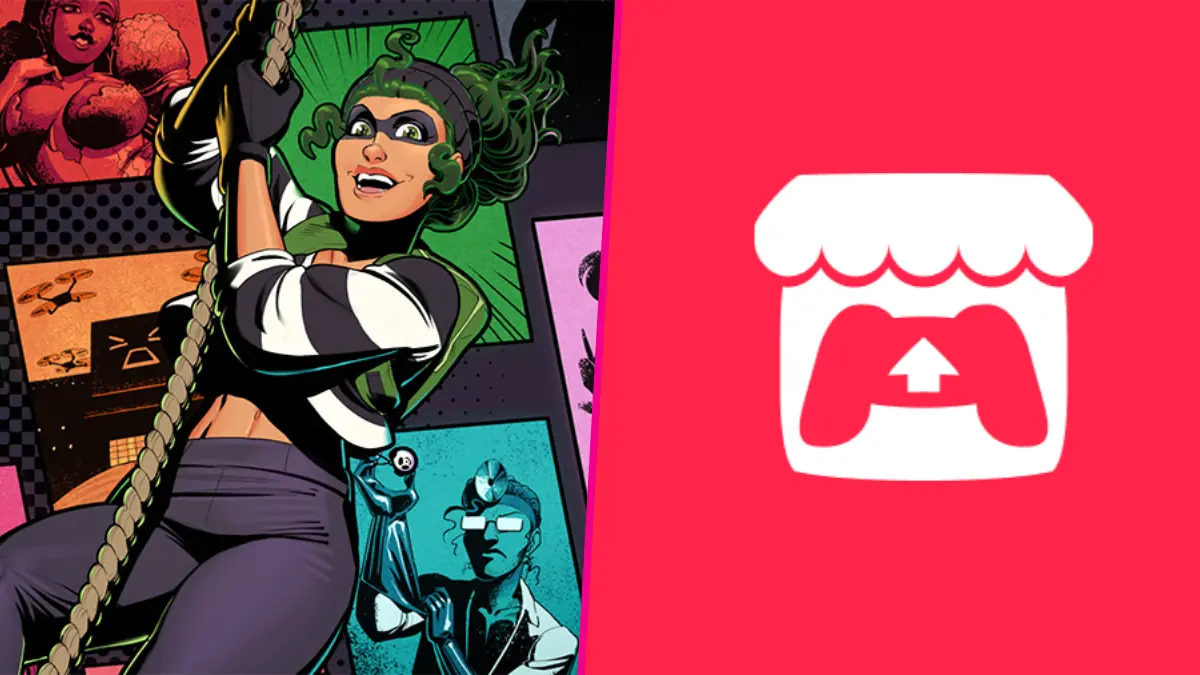Update on August 13th, 2025: Itch.io has responded to the Trans News Network on Bluesky regarding the matter, stating that, “I think maybe the person is confused because it doesn’t show up in the autocomplete? Autocomplete only shows the top ~1000 games.”
Indie game marketplace Itch.io has conducted a sweeping removal of paid adult games from its platform, but developers report that many safe-for-work (SFW) titles with LGBTQ+ themes have been caught in the crossfire. The mass delisting, which began in mid-2024, came in response to demands from payment processors including Visa and Mastercard.
Several developers such as Milkboy have confirmed that their games containing no explicit content were suddenly delisted or hidden from search results. The most affected appear to be titles featuring yuri (lesbian romance) or other LGBTQ+ themes, even when these games are completely suitable for general audiences.
“My own game absolutely has no nudity, and you can turn all of that off. Even the swearing. You can make it completely SFW, and it’s still caught in the ban,” reported Fiction Factory Games, the developer whose game Penny Larceny: Gig Economy Supervillain was affected by the purge.
The delisting process seems to have relied heavily on automated systems and game tagging, causing many false positives where games were wrongly flagged simply for containing queer themes or keywords. This has forced many creators to make difficult choices about how to keep their work available.
To get around the restrictions, some developers have resorted to listing their games for free and directing players to platforms like Ko-Fi or Patreon for donations. “Developers are having to put games up for free and tell people if they would’ve paid for it to send them a tip via Ko-Fi or something,” explained one community member.
Itch.io has long been a haven for indie developers, particularly those from marginalized communities who create games that might not find a home on mainstream platforms. The site’s typically minimal content restrictions have made it popular among LGBTQ+ creators.
While some initially delisted games have reportedly been restored, the situation has created significant uncertainty in the indie development community. Figuring out which games remain affected has been difficult, with some titles reappearing in search results shortly after being reported as delisted.
Banking on conformity
This isn’t the first time payment processors have influenced content decisions on digital platforms. Similar sweeps have affected Steam, Pornhub, and OnlyFans in recent years, with financial companies increasingly flexing their power to restrict what content can be monetized online.
For small indie developers who rely on every sale, these restrictions can be devastating to their livelihoods. The situation puts the spotlight on the growing tension between platform accessibility, creator freedom, and the outsized influence of financial institutions in deciding what content is allowed online.

